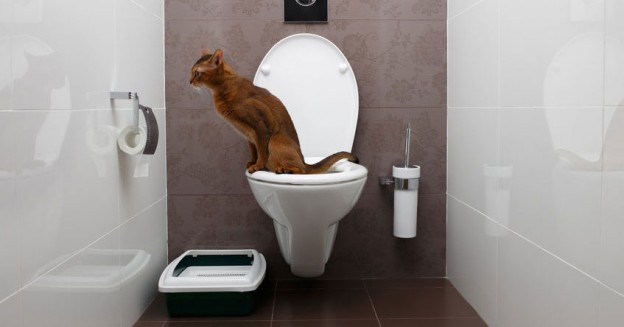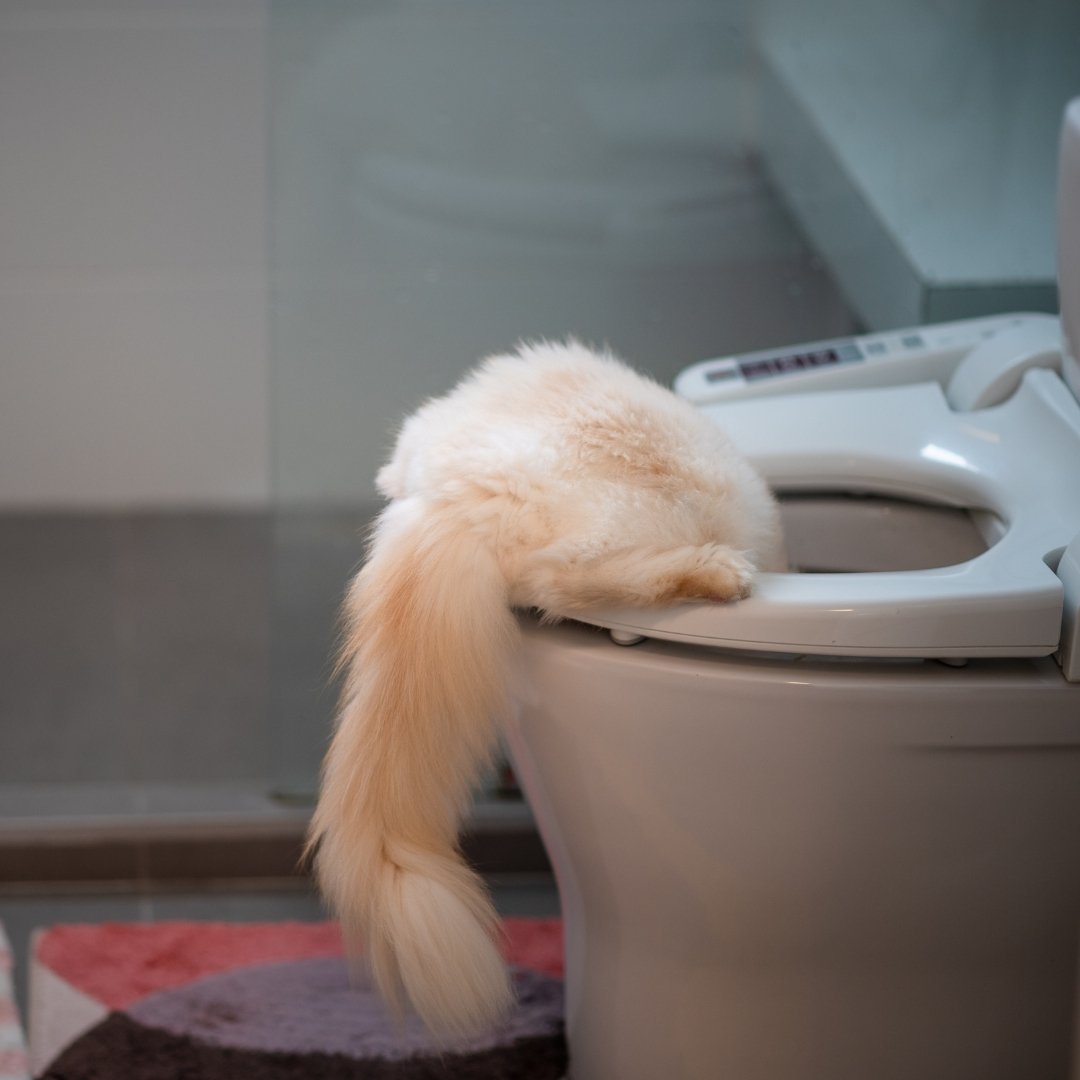Why Flushing Cat Poop Down Your Toilet Isn't a Good Idea - Tips for Safer Handling
Why Flushing Cat Poop Down Your Toilet Isn't a Good Idea - Tips for Safer Handling
Blog Article
Do you find yourself trying to find information and facts on How to Dispose of Cat Poop and Litter Without Plastic Bags?

Introduction
As cat owners, it's essential to bear in mind exactly how we throw away our feline friends' waste. While it may seem hassle-free to purge feline poop down the bathroom, this technique can have damaging repercussions for both the environment and human health.
Environmental Impact
Flushing feline poop presents damaging pathogens and parasites into the water supply, presenting a substantial risk to aquatic environments. These impurities can adversely affect marine life and compromise water quality.
Wellness Risks
Along with ecological concerns, purging cat waste can likewise posture health and wellness dangers to people. Pet cat feces may consist of Toxoplasma gondii, a bloodsucker that can cause toxoplasmosis-- a potentially extreme health problem, specifically for expecting women and people with weakened immune systems.
Alternatives to Flushing
Thankfully, there are safer and much more liable means to get rid of pet cat poop. Think about the complying with options:
1. Scoop and Dispose in Trash
One of the most typical method of taking care of feline poop is to scoop it into a naturally degradable bag and throw it in the garbage. Be sure to use a committed trash inside story and get rid of the waste immediately.
2. Usage Biodegradable Litter
Go with naturally degradable pet cat litter made from products such as corn or wheat. These clutters are eco-friendly and can be safely gotten rid of in the trash.
3. Hide in the Yard
If you have a backyard, consider hiding feline waste in a designated area far from veggie gardens and water resources. Make sure to dig deep enough to stop contamination of groundwater.
4. Install a Pet Waste Disposal System
Purchase a pet dog garbage disposal system specifically created for pet cat waste. These systems use enzymes to break down the waste, decreasing smell and ecological effect.
Verdict
Accountable pet dog possession prolongs beyond offering food and sanctuary-- it additionally includes correct waste administration. By refraining from purging cat poop down the toilet and going with alternate disposal techniques, we can reduce our ecological impact and safeguard human health.
Why You Should Never Flush Cat Poop Down the Toilet
A rose by any other name might smell as sweet, but not all poop is created equal. Toilets, and our sewage systems, are designed for human excrement, not animal waste. It might seem like it couldn’t hurt to toss cat feces into the loo, but it’s not a good idea to flush cat poop in the toilet.
First and foremost, assuming your cat uses a litter box, any waste is going to have litter on it. And even the smallest amount of litter can wreak havoc on plumbing.
Over time, small amounts build up, filling up your septic system. Most litter sold today is clumping; it is made from a type of clay that hardens when it gets wet. Ever tried to scrape old clumps from the bottom of a litter box? You know just how cement-hard it can get!
Now imagine just a small clump of that stuck in your pipes. A simple de-clogger like Drano isn’t going to cut it. And that means it’s going to cost you big time to fix it.
Parasitic Contamination
Believe it or not, your healthy kitty may be harboring a nasty parasite. Only cats excrete Toxoplasma in their feces. Yet it rarely causes serious health issues in the cats that are infected. Most people will be fine too if infected. Only pregnant women and people with compromised immune systems are at risk. (If you’ve ever heard how women who are expecting are excused from litter cleaning duty, Toxoplasma is why.)
But other animals may have a problem if infected with the parasite. And human water treatment systems aren’t designed to handle it. As a result, the systems don’t remove the parasite before discharging wastewater into local waterways. Fish, shellfish, and other marine life — otters in particular — are susceptible to toxoplasma. If exposed, most will end up with brain damage and many will die.
Depending on the species of fish, they may end up on someone’s fish hook and, ultimately on someone’s dinner plate. If that someone has a chronic illness, they’re at risk.
Skip the Toilet Training
We know there are folks out there who like to toilet train their cats. And we give them props, it takes a lot of work. But thanks to the toxoplasma, it’s not a good idea.

We had been made aware of that report on Don’t flush cat feces down the toilet through someone on a different blog. Appreciated our piece? Please share it. Let someone else discover it. Many thanks for going through it.
Get An Estimate Report this page